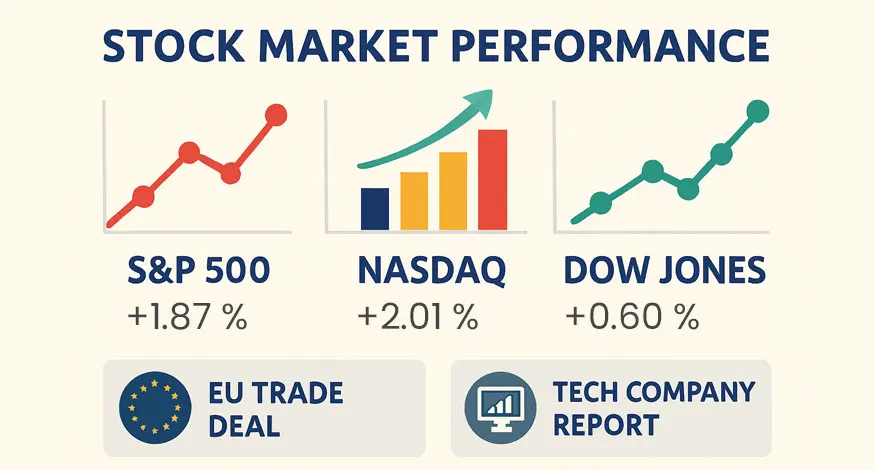A January 2017 report issued by Oxfam found that the eight richest individuals in the world have a net wealth of $426 billion–equivalent to the total amount of wealth held by the poorest 50% of the global population (some 3.7 billion people). That same report found that the world’s 10 largest corporations together have revenue greater than that of the 180 poorest countries combined. Not included in the report is the similarly deplorable statistic that nearly 25% of the 1.6 billion Muslims globally live in extreme poverty.
While tools like zakat — which requires Muslims to give 2.5% of their wealth each year to help those in need — are vital in the struggle to mitigate the effects of inequality, we can sometimes overlook the potential of faith-based solutions to address the root causes of inequality as well. One of the most significant of these causes — the lack of financial inclusion — can be effectively addressed through access to Islamic banking.
Only 10-15% of adults in Muslim-majority countries in Sub-Saharan Africa and Central, South, and Southeast Asia have bank accounts. Greater access to formal financial services like Islamic banking could help alleviate the structural poverty in these regions and close the gap between rich and poor by offering sustainable financing solutions. Islamic banking institutions, also known as participation banks, adhere to the principles of profit- and loss-sharing and avoid interest-based lending, while also setting aside a certain amount of funding to serve the communities in which they operate.
Principles of economic fairness date back thousands of years, but modern manifestations of Islamic banking can be traced to the 1960s. Multilateral institutions and politicians, however, have only recently begun to harness Islamic banking’s potential in the struggle for financial inclusion.
The government of Morocco provides the latest example of a country advancing Islamic banking to promote access to finance and financial products for its citizens. In January 2017, Bank al Maghrib (BAM), the nation’s central bank, announced that it had approved five requests to open Islamic banks in Morocco. The regulatory approvals concern the three major Moroccan banks: Attijariwafa Bank, BMCE of Africa, and Banque Centrale Populaire, and two smaller lenders, Credit Agricole and Credit Immobilier et Hotelier.
This announcement was the culmination of a government campaign launched years earlier to push Islamic banking solutions with the goal of boosting financial inclusion.
According to Thomson Reuters, the number of Moroccans with bank accounts and access to financing has increased rapidly in recent years, from 50% in 2010 to 65% 2015, representing one of the highest levels on the continent. Building on this growth, BAM is reportedly working with the Ministry of Economy and Finance to further expand opportunities to marginalized communities with the creation of a three-year comprehensive financial inclusion strategy. They hope to leverage Islamic banking to transition the remainder of the unbanked population to the customer ranks in order to give them faith-appropriate tools necessary for empowerment and social mobility.
From the UK to Malaysia, the Moroccan example is being replicated around the world as policymakers begin to recognize the potential for faith-based solutions to attack the root causes of inequality and underdevelopment. But more work is needed. It will take extra commitment from market participants and political actors alike to advocate for sustainable responses to a world that permits increasing inequality, disproportionately enriching a handful of financial elites. The ethics of an Islamic economy should be part of that response.
Jamal Barmil is vice president at Azzad Asset Management, a socially responsible registered investment advisor located in Falls Church, Virginia. Although Azzad is a registered investment advisor and not an Islamic bank, the firm regularly invests in Islamic banking products to earn a competitive, socially responsible return for clients.



